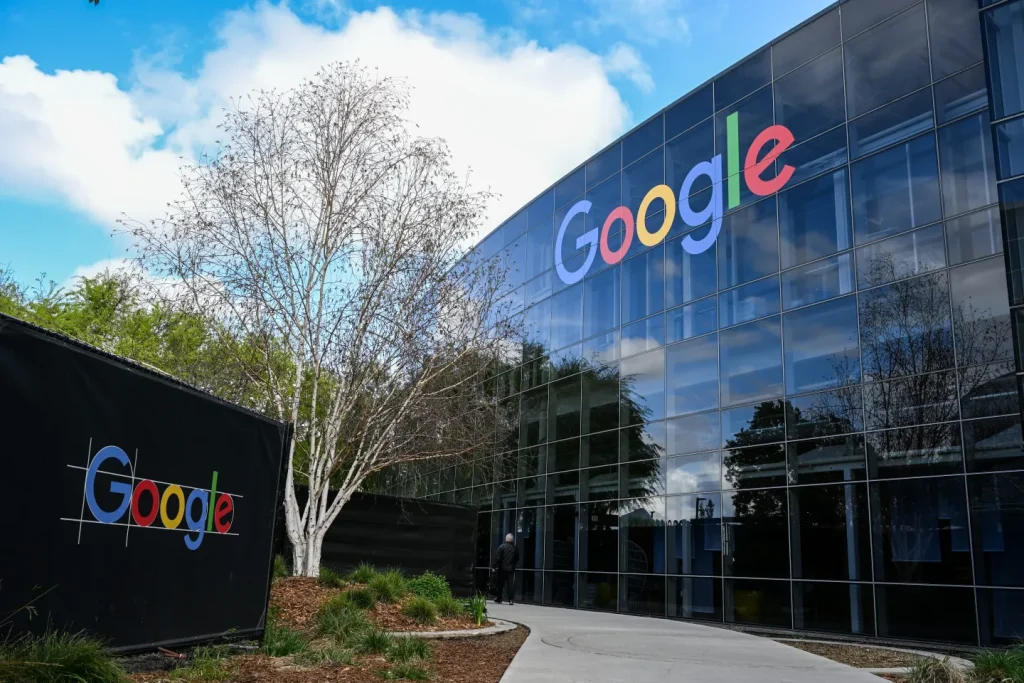Turkey’s competition authority has imposed a hefty fine of 2.61 billion lira (approximately $75 million) on Alphabet Inc.’s Google. The penalty is part of a broader effort to address concerns about the company’s practices in the ad server services market.
According to the Turkish antitrust regulator, Google leveraged its dominant market position to favor its own supply-side platform (SSP) services over those offered by its competitors. This preferential treatment, the authority stated, created significant barriers for other companies in the sector, effectively hindering fair competition.
The heart of the issue lies in how Google allegedly prioritized its SSP service. Supply-side platforms are crucial for connecting digital publishers with advertisers, ensuring ad inventory is sold efficiently and effectively.

By favoring its own SSP, Google reportedly skewed the playing field, making it difficult for rival platforms to operate and compete on equal footing.
The Turkish watchdog concluded that such practices not only limited opportunities for other companies but also reduced choices for advertisers and publishers, potentially inflating costs and limiting innovation in the advertising ecosystem.
READ ALSO: Asian Markets Slip Amid Chinese Stimulus Concerns; Global Markets Mixed
In addition to the fine, Google has been given six months to address these antitrust concerns. The company must implement measures to ensure that it does not disadvantage competing SSPs. Specifically, Google is required to provide third-party SSPs with conditions similar to those it applies to its own services.
This mandate underscores the regulator’s commitment to fostering a fair and competitive environment in Turkey’s digital advertising market.

Google’s antitrust challenges in Turkey are not isolated. Across the globe, regulators have been increasing scrutiny of major tech companies, particularly their dominance in key digital markets. Allegations of self-preferential treatment, stifling competition, and monopolistic behavior have resulted in numerous investigations and penalties.
READ ALSO: China and Egypt Call for Peace and Stability in the Middle East
The Turkish fine is another reminder of the growing trend where governments and competition authorities seek to rein in the perceived overreach of tech giants. Such actions aim to promote competition, innovation, and fair market practices that benefit consumers and smaller businesses alike.
This ruling could have far-reaching consequences for Google and other tech companies operating in Turkey. Should Google fail to comply with the mandated changes, it risks further penalties and possibly additional restrictions on its operations in the country.

For advertisers and publishers, this decision may pave the way for a more diverse and competitive market. It could lead to greater transparency, improved pricing, and enhanced services from multiple SSP providers rather than a single dominant player.
Turkey’s decision to fine Google and enforce corrective measures is a bold statement about the importance of fair competition in the digital age. As the deadline approaches for compliance, all eyes will be on how Google responds and whether this sets a precedent for similar actions in other jurisdictions.

